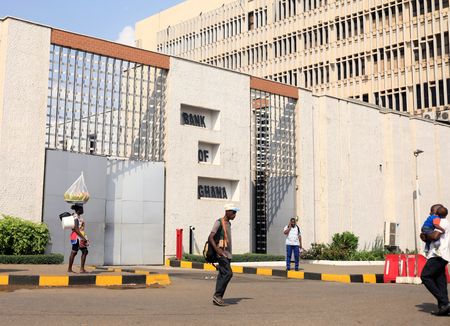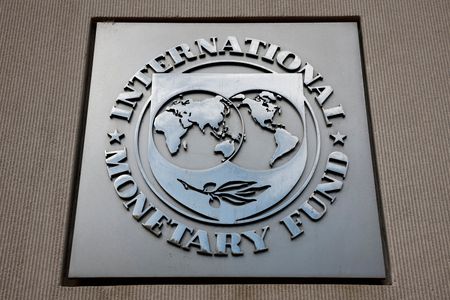NIAMEY (Reuters) -Niger has asked that some Chinese employees working on oil projects leave the country, documents seen by Reuters on Friday showed, a move that could affect dozens and further strain bilateral ties.
Similar to other West African countries, junta-led Niger has been trying to assert greater control over its natural resources and promote local employment.
Oil minister Sahabi Oumarou has asked the China National Petroleum Corporation (CNPC) and its refinery SORAZ to terminate the contracts of expatriates who have been working in Niger for more than four years, two letters showed.
“China has always adhered to the principles of truth, friendship, sincerity, and the correct view of righteousness and benefit in carrying out cooperation with Africa,” a spokesperson for China’s foreign ministry said, adding that CNPC had made economic and social contributions in Niger “for many years.”
“Ensuring the long-term and healthy development of China-Niger oil cooperation is in line with the common interests of both parties,” and specific issues that may arise can be resolved through “friendly negotiations,” the spokesperson said.
In a letter to SORAZ dated May 21, Oumarou indicated there would be some flexibility, saying he understood the need to keep certain employees in the country and that departure decisions would be made on a case-by-case basis.
Yet in a separate letter to CNPC, dated May 20, Oumarou said he would decline a private meeting with the company’s CEO who had asked to discuss tensions between the two sides.
In that letter, Oumarou also accused CNPC of non-compliance with local regulations.
In March, Niger expelled three Chinese oil executives in a dispute over disparities between the salaries of expatriate staff and lower-paid local workers.
Following the executives’ dismissal, CNPC’s top officials have been trying to meet with the government for negotiations, a source close to the company said.
If the decision described in the May 20 and May 21 letters is applied, dozens of Chinese workers will have to go home, the source said.
(Reporting by Moussa Aksar; Additional reporting by Liz Lee in Beijing; Writing by Anait Miridzhanian and Portia Crowe; Editing by Robbie Corey-Boulet, Susan Fenton and Tomasz Janowski)







